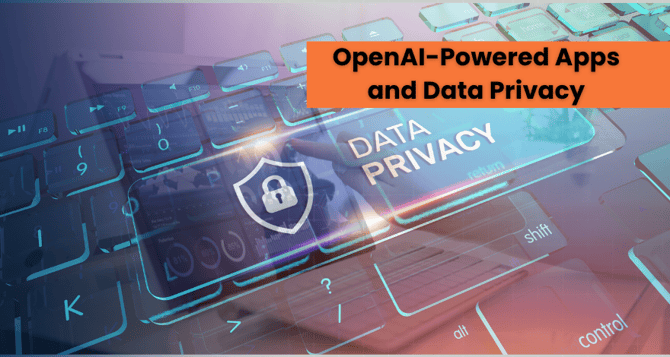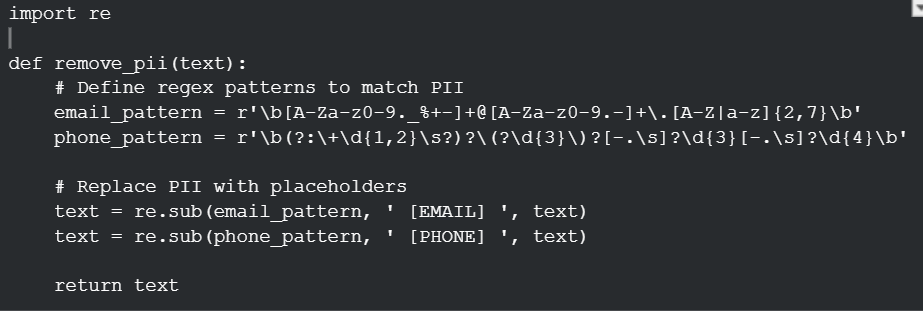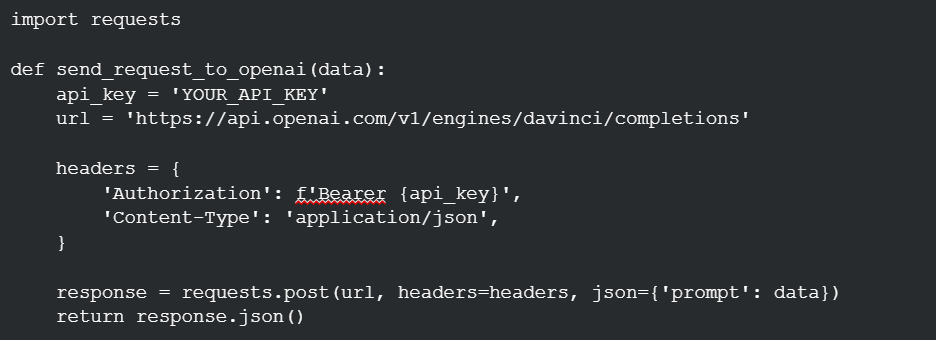A Guide to OpenAI-Powered Apps and Data Privacy Compliance
This guide provides essential insights into ensuring data privacy compliance within applications powered by OpenAI. Learn how to navigate regulatory standards and implement measures to safeguard user data, making your OpenAI-powered apps secure and compliant.

In the era of AI-driven applications, data privacy compliance is a paramount concern. Whether you're building chatbots, virtual assistants, or other AI-powered tools using OpenAI's technology, you must ensure that user data is handled with care and in compliance with applicable data protection regulations like GDPR and CCPA. This article provides insights and code snippets to help you achieve data privacy compliance in your OpenAI-powered applications.
Understanding Data Privacy Compliance
Data privacy compliance entails adhering to legal and ethical standards for the collection, storage, and processing of user data. OpenAI provides powerful language models like GPT-3, which can generate text based on the data it's trained on. While these models can be incredibly useful, they also raise concerns about data privacy because they may inadvertently generate sensitive or private information. To address these concerns, follow these best practices:
1. Anonymize User Data:
Before sending any data to OpenAI's models, make sure to remove or anonymize any personally identifiable information (PII) from the input. You can achieve this with simple code snippets:

2. Limit Data Retention:
Minimize the amount of data you send to OpenAI and reduce data retention to the minimum required for your application. Implement automatic data deletion policies:

3. Implement Consent Mechanisms:
Ensure that users are aware of and consent to data processing by your application. Provide clear opt-in/opt-out options and communicate data usage policies to users.

4. Secure Data Transmission:
Use encryption (e.g., HTTPS) to secure data transmission between your application and OpenAI's servers. Leverage libraries like `requests` in Python for secure API calls:

5. Audit and Monitor:
Regularly audit your application's data handling processes and monitor for any potential data breaches or policy violations.
Conclusion:
Data privacy compliance is crucial when developing OpenAI-powered applications. By following these best practices and integrating the provided code snippets, you can ensure that your application respects user privacy and complies with relevant regulations.
Let's Embark on a Journey to AI Excellence Together
Our team is dedicated to building cutting-edge generative AI solutions that cater to your unique business requirements.
Remember to stay up-to-date with evolving data protection laws and adapt your practices accordingly to maintain a high standard of data privacy in your AI applications.


%201-1.webp?width=148&height=74&name=our%20work%20(2)%201-1.webp)


.png?width=344&height=101&name=Mask%20group%20(5).png)
















